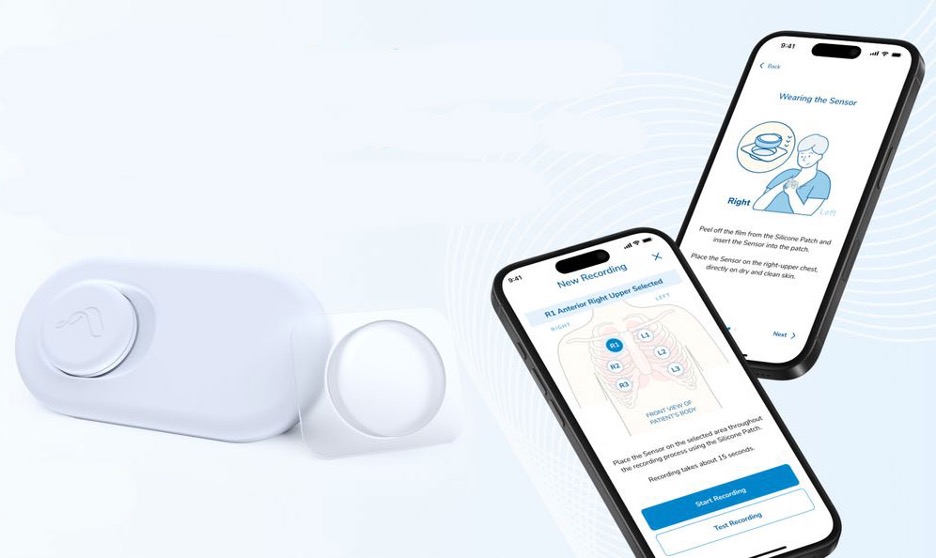
Thomas von Wantoch, co-CEO and co-founder of OQmented, emphasizes that the collaboration with Sharp enables significant progress towards the goal of offering fully embeddable light engines that can be easily integrated into AR glasses. The combination of Sharp's extensive experience in display manufacturing and electronics with OQmented's IP in LBS light engines opens up new possibilities.
Thanks to the strategic partnership with Sharp, OQmented will be able to develop AR glasses that consumers actually want. These glasses will be affordable, have a compact and lightweight design, be fashionable, and be comfortable to wear throughout the day. OQmented is also working to develop a first-of-its-kind fully integrated plug-and-play light engine for AR smartglasses.
The current $20 million funding round for the Itzehoe, Germany-based startup includes Sharp and existing investors such as Salvia and Vsquared again.
OQmented's core product is lightweight and compact "light engines" that can be integrated into the temple of eyeglasses to project virtual images or information onto special lenses. This creates a cross-fade of real and virtual content that provides additional information to the user. These glasses are as easy and comfortable to wear as sunglasses, which is a key requirement for AR glasses to succeed in the consumer market and replace smartphones in the metaverse era.
OQmented's light engine uses laser diodes to generate red, green and blue laser beams. These beams are used by a MEMS mirror that can move in the x and y directions to "write" virtual images. The beam then passes through nanostructured surfaces called waveguides into the eyeglass lenses and is projected into the viewer's eye.
Compared to conventional technologies such as liquid crystal on silicon (LCOS), OLED-on-silicon and microLEDs, MEMS mirror-based light engines, also known as laser beam scanning (LBS), offer several advantages. These include lower power consumption, more compact design, higher brightness, higher contrast and better display performance. All of these features are critical to the success of AR glasses in the consumer market.
Market researchers at Gartner forecast strong demand for "head mounted displays" by 2026, and systems based on MEMS mirrors are seen as having a good chance of success because they can be manufactured cheaply, consume little energy and are space-saving, as a market study
mentioned in February of this year.
Thomas Wantoch, co-CEO and co-founder of OQmented, points out, "Major tech companies and many other players are racing to be the first to develop AR glasses that consumers can happily wear in their daily lives and replace smartphones." The huge demand for our light engines is obvious, and we want to accelerate their time to market with the capital from the funding round. The ability to offer a light engine with an integrated MEMS mirror, required control electronics and laser as a complete solution is a great advantage to establish OQmented's LBS technology as a key technology to successfully bring augmented and mixed reality glasses to market.
David Woodward, president of Sharp Devices Europe, expressed optimism: "We look forward to playing a key role with OQmented in developing wearable AR glasses and leveraging OQmented's key technologies and innovations in many other market sectors." There are numerous synergies between Sharp and OQmented that can be leveraged to bring the products into mass production and make them marketable.
OQmented was founded in 2018 by Thomas von Wantoch and Dr. Ulrich Hofmann and currently employs 80 people at five locations worldwide. The company is in the process of further recruiting employees and expanding the team to gain greater access to Asian and American markets.


